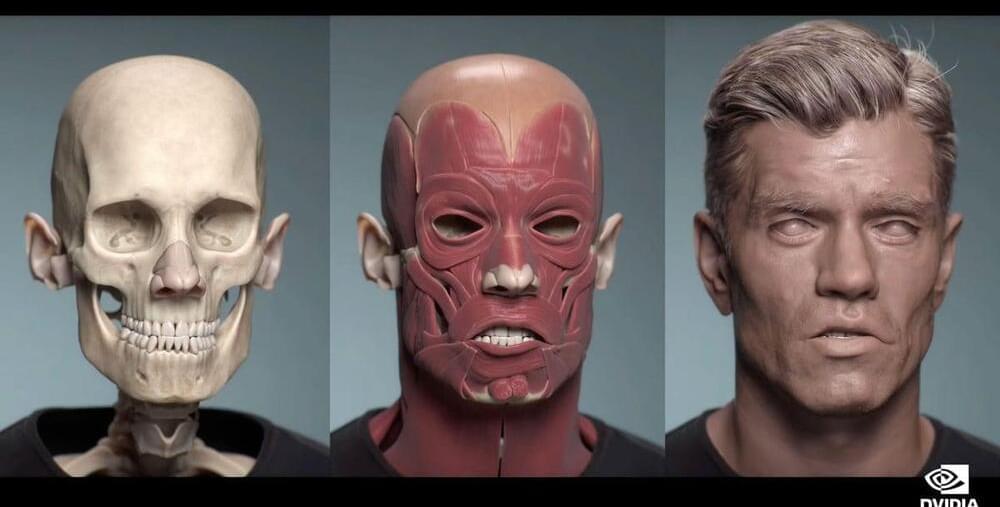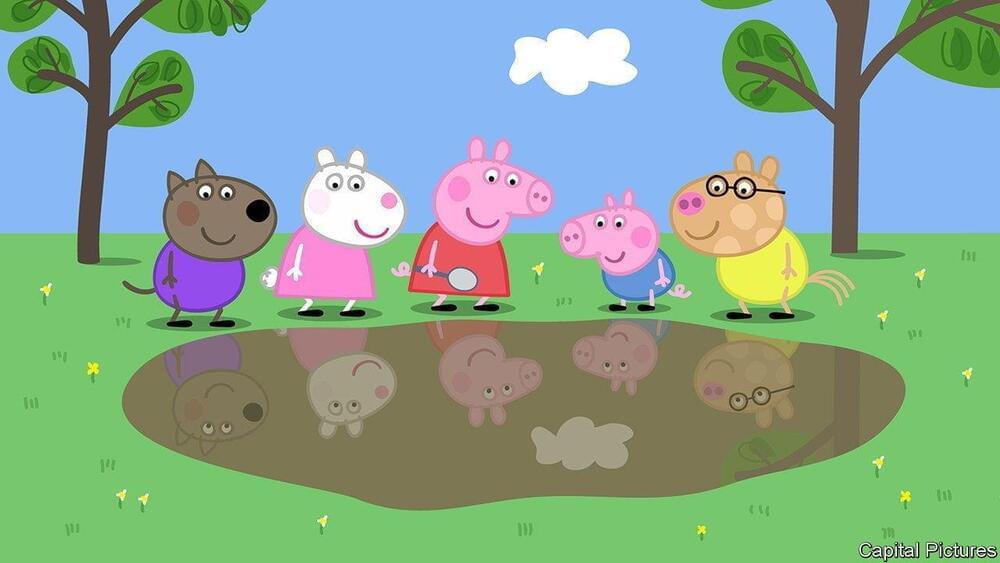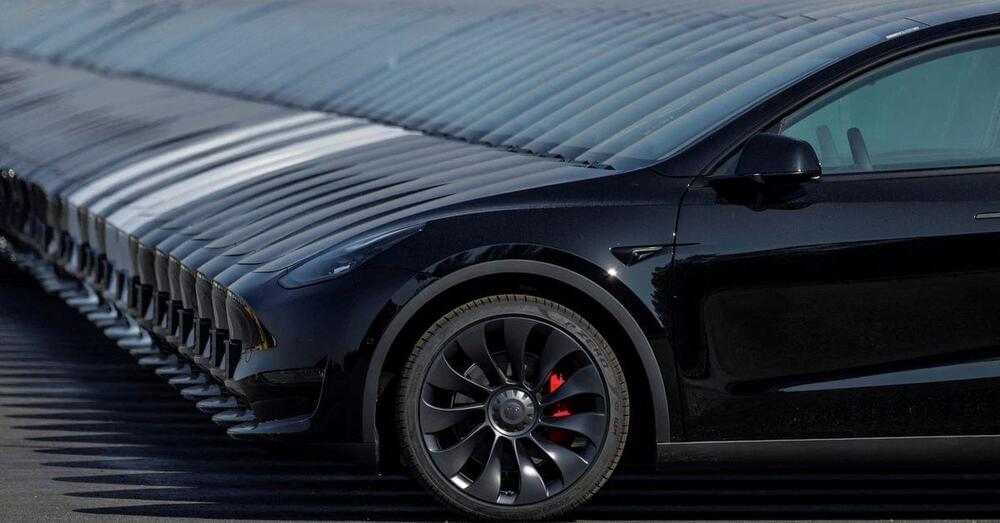It cost a researcher only $25 worth of parts to create a tool that allows custom code to run on the satellite dishes.
Get the latest international news and world events from around the world.
Elon Musk teases his website ‘X.com’ as a potential Twitter competitor as he barrels toward $44 billion trial in October
Musk responded to a question on Twitter as to whether he’d launch his own site by simply tweeting “X.com” on Tuesday. The comment came after it was revealed that the billionaire had sold 7.92 million Tesla shares worth $6.9 billion ahead of the very real chance he could be forced to purchase Twitter.
“In the (hopefully unlikely) event that Twitter forces this deal to close *and* some equity partners don’t come through, it is important to avoid an emergency sale of Tesla stock,” Musk said about the sale on Twitter.
It’s not the first time that the billionaire has hinted at launching a direct competitor to Twitter. Ahead of his Twitter takeover offer, Musk told Twitter CEO Parag Agrawal he had considered creating his own platform.

Nvidia Sees a Metaverse Populated With Lifelike Chatbot Avatars
On Tuesday, the chip giant unveiled its Avatar Cloud Engine, a tool for building 3D models of speaking humans that Nvidia hopes will be the way we interact with computers and, perhaps, with other people in the metaverse.
The tool draws on Nvidia’s experience with 3D graphics and artificial intelligence technology 0, which has revolutionized how computers understand and communicate with natural language. Company Chief Executive Jensen Huang unveiled ACE in conjunction with the Siggraph computer graphics conference in Vancouver.
Advanced avatars such as those ACE could make possible are the next step in computer interaction. In the 3D digital realms that metaverse advocates like Meta and Nvidia hope we’ll all inhabit, a human-looking face could help us manage our investments, tour an apartment building or learn how to knit.

In simulation of how water freezes, artificial intelligence breaks the ice
A team based at Princeton University has accurately simulated the initial steps of ice formation by applying artificial intelligence (AI) to solving equations that govern the quantum behavior of individual atoms and molecules.
The resulting simulation describes how water molecules transition into solid ice with quantum accuracy. This level of accuracy, once thought unreachable due to the amount of computing power it would require, became possible when the researchers incorporated deep neural networks, a form of artificial intelligence, into their methods. The study was published in the journal Proceedings of the National Academy of Sciences.
“In a sense, this is like a dream come true,” said Roberto Car, Princeton’s Ralph W. *31 Dornte Professor in Chemistry, who co-pioneered the approach of simulating molecular behaviors based on the underlying quantum laws more than 35 years ago. “Our hope then was that eventually we would be able to study systems like this one, but it was not possible without further conceptual development, and that development came via a completely different field, that of artificial intelligence and data science.”

Humanoid Robotics For Amazon Automation | New Wearable AI Chip | New Machine Learning Math Model
Agility Robotics recently raised $150 million USD in part from Amazon to further develop its humanoid robot called “Digit” for logistics automation. New wearable, bendable, stretchable neuromorphic AI chip monitors health in real time. New machine learning model from MIT does college level math at a human level.
AI News Timestamps:
0:00 Humanoid Robot Worker For Amazon Automation.
3:00 New Wearable AI Chip.
5:08 New Machine Learning Math Model.
👉 Crypto AI News: https://www.youtube.com/c/CryptoAINews/videos.
#ai #robot #news
The Holographic Principle, Quantum Mechanics, and Simulated Reality (SR)
TWITTER https://twitter.com/Transhumanian.
PATREON https://www.patreon.com/transhumania.
BITCOIN 14ZMLNppEdZCN4bu8FB1BwDaxbWteQKs8i.
BITCOIN CASH 1LhXJjN4FrfJh8LywR3dLG2uGXSaZjey9f.
ETHEREUM 0x1f89b261562C8D4C14aA01590EB42b2378572164
LITECOIN LdB94n8sTUXBto5ZKt82YhEsEmxomFGz3j.
CHAINLINK 0xDF560E12fF416eC2D4BAECC66E323C56af2f6666.
KEYWORDS:
Scienc, Technology, Philosophy, Futurism, Simulation, Simulationism, Ockham’s Razor, Argument, Hypothesis, Anthropic Principle, Holographic Principle, Holographic Universe theory, Brain in a Vat, Brain in a Jar, Matrix, Inception, Hologram, Artificial Intelligence, Vocaloid Hologram, Reality, Ontology, Epistemology, Elon Musk, Solipsism, Illusion, Renee Descartes, George Berkeley, Materialism, Idealism, Solipsism, Cogito Ergo Sum, Esse es Percepi, Gilbert Harman, Hillary Putnam, Robert Nozick, The Experience Machine, Multiverse, Omniverse, Black Hole Hologram, Event Horizon, Singularity, Moore’s Law, Black Dual Linear Error Correcting Code, Jim James Sylvester Gates, Neil DeGrasse Tyson, Plato’s Cave, Quantum Mechanics, Schrondinger’s Cat, Observer Effect, Double-Slit Experiment, Heisenberg Uncertainty Principle, Artificial Intelligence, Quantum Superdeterminism, Free Will, Albert Einstein, Stephen Hawking, Quantum Gravity Research, Eugene Vignor, Consciousness, Fermi Paradox, SETI (search for extraterrestrial intelligence), Drake Equation, Alpha Centauri, Wave Function Collapse, Video Games, VR, Virtual Reality, God, Theology, Fine-Tuning Argument, Teleological Argument, Simulationism, Mormonism, LDS, Heavenly Father, Glitch, Dyson Sphere.

Indonesia says Tesla strikes $5 billion deal to buy nickel products
JAKARTA, Aug 8 (Reuters) — U.S. carmaker Tesla (TSLA.O) has signed contracts worth about $5 billion to buy materials for their batteries from nickel processing companies in Indonesia, a senior cabinet minister told CNBC Indonesia.
Southeast Asia’s biggest economy has been trying to get Tesla to set up a production facility in the country, which has major nickel reserves. President Joko Widodo met with Tesla founder Elon Musk earlier this year to drum up investment. read more
“We are still in constant negotiation with Tesla … but they have started buying two excellent products from Indonesia,” Coordinating Minister for Maritime and Investment Affairs Luhut Pandjaitan said in an interview broadcast on Monday.